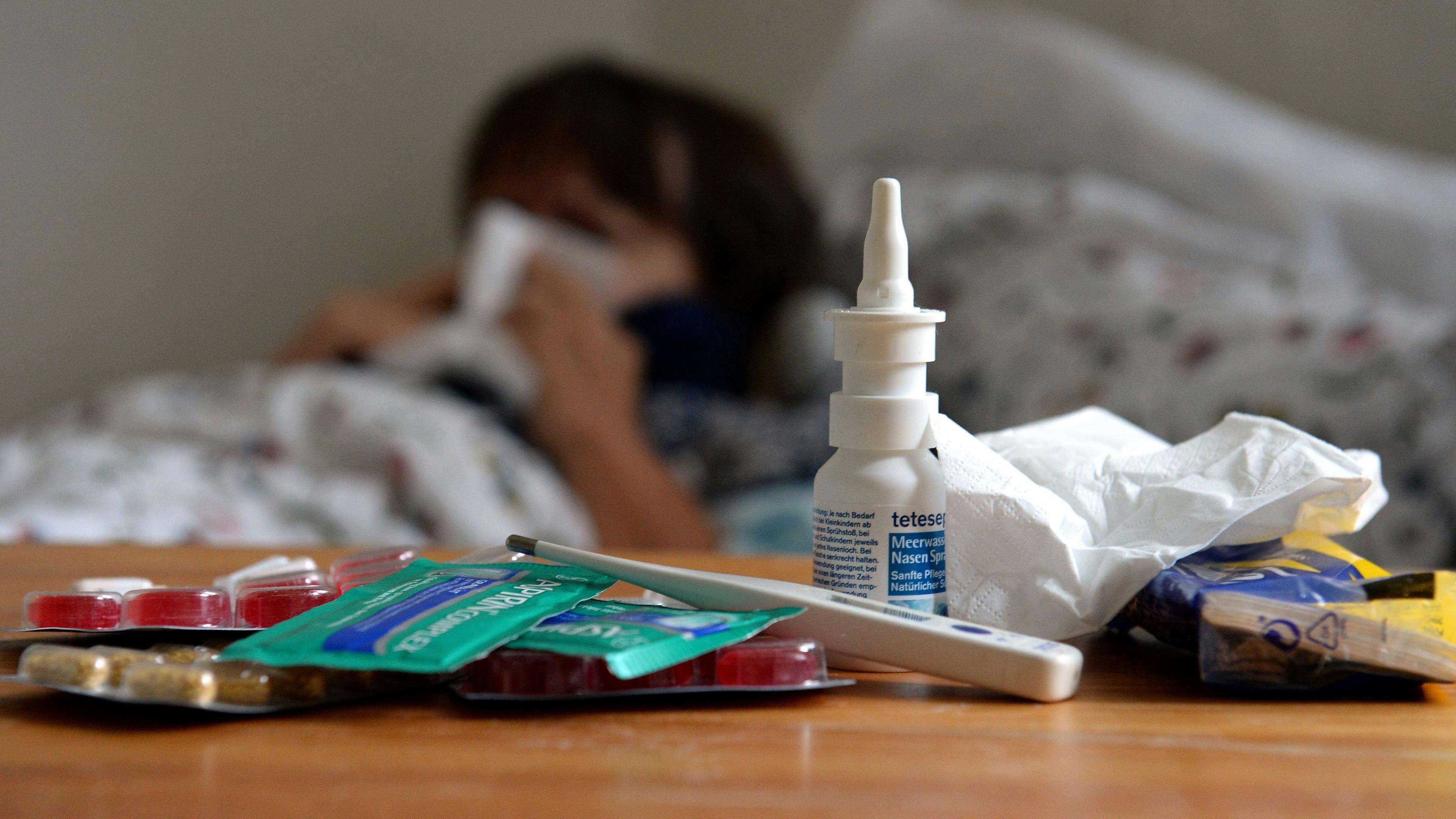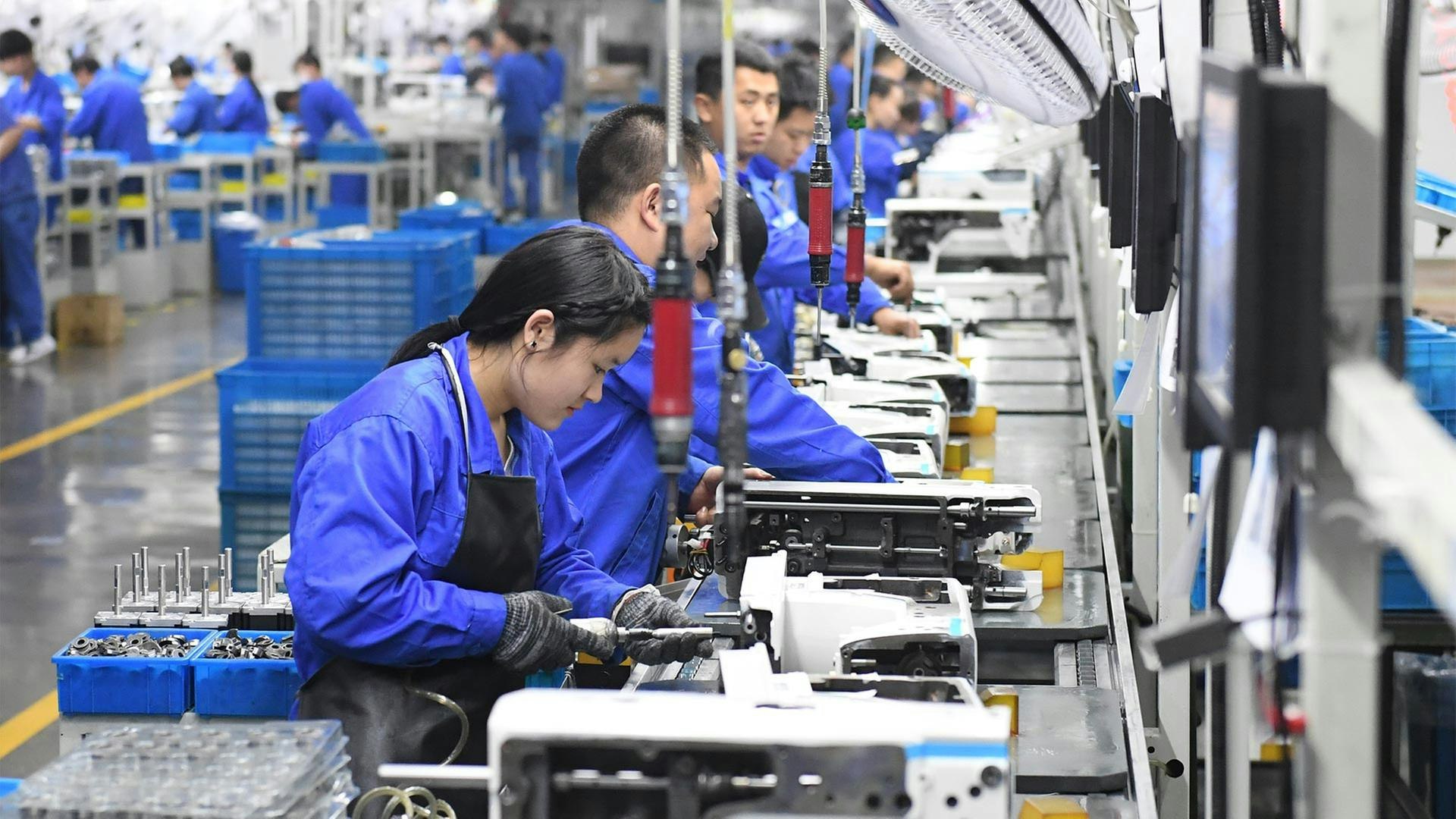Business
AOK Report: Number of Illness Cases at Record High – Yet Many Feel More Rested Than Before
More sick leave, but less exhaustion: The new absenteeism report from AOK presents a paradoxical picture of everyday working life in Germany. While respiratory and mental illnesses continue to rise, the subjective well-being of many employees is improving.

Sick reports at a historic high
In 2024, the number of illness cases in German companies reached a record level. According to the AOK Absence Report, there were 228 illness cases per 100 employees, compared to 225 in the previous year. Thus, each AOK-insured employee reported an average of 2.3 illness cases.
Noticeable: Despite the increased number of sick notes, other health insurers like TK and DAK report a slightly decreased average duration of illness. Employees are therefore falling ill more frequently – but apparently for a shorter duration. Respiratory diseases, which occurred in several waves last winter, remain the main cause.
Mental illnesses remain the main problem
Infections aside, the increase in mental illnesses is particularly concerning. In the past ten years, the number of absent days due to mental stress has risen by 43 percent. Affected individuals are absent on average 28.5 days per case.
Especially with mental illnesses, which have been increasing for years, managers have a special responsibility," emphasizes Carola Reimann, head of the AOK Federal Association. Health must become part of the corporate culture.
According to the DAK Psych Report 2024, there were 342 days of absence per 100 employees due to mental illnesses, especially depression and exhaustion. AOK itself has also reported an almost 50% increase in mental health-related absences since 2014.
Electronic Sick Note Ensures More Transparency
Part of the increase is due to technical reasons: Since the introduction of the electronic certificate of incapacity for work (eAU) at the beginning of 2023, sick notes have been recorded more comprehensively. Previously, some certificates were lost or not submitted at all.
Andreas Gassen, head of the National Association of Statutory Health Insurance Physicians, nevertheless calls for a return to stricter regulations: Sick leave should again be mandatory from the fourth day of illness. AOK head Reimann considers this a distraction maneuver: "So far, the medical profession has not made any noticeable contribution to increasing efficiency.
Paradox: More Sick Reports, but Better Recovery
The heading translates to:
"An apparent contradiction is interesting: Despite the many cases of illness, employees feel less stressed. According to AOK, levels of exhaustion, anger, and dejection are back to pre-pandemic levels. Only 18 percent have problems switching off after work – in 2022 it was 31 percent.
Occupational health promotion shows effect, even if not everyone uses it. 73 percent of employees report such offerings, but only 48 percent actually participate.
AI in the Office: Opportunity or Risk?
New in the AOK report is the role of artificial intelligence. Already 42 percent of employees regularly work with AI tools, in large companies it is more than half. Only five percent feel like "experts.
However, according to AOK, AI holds potential for health management: Algorithms can detect overload early and adjust work processes before illnesses occur. Two-thirds of respondents do not see their jobs as threatened by this.






